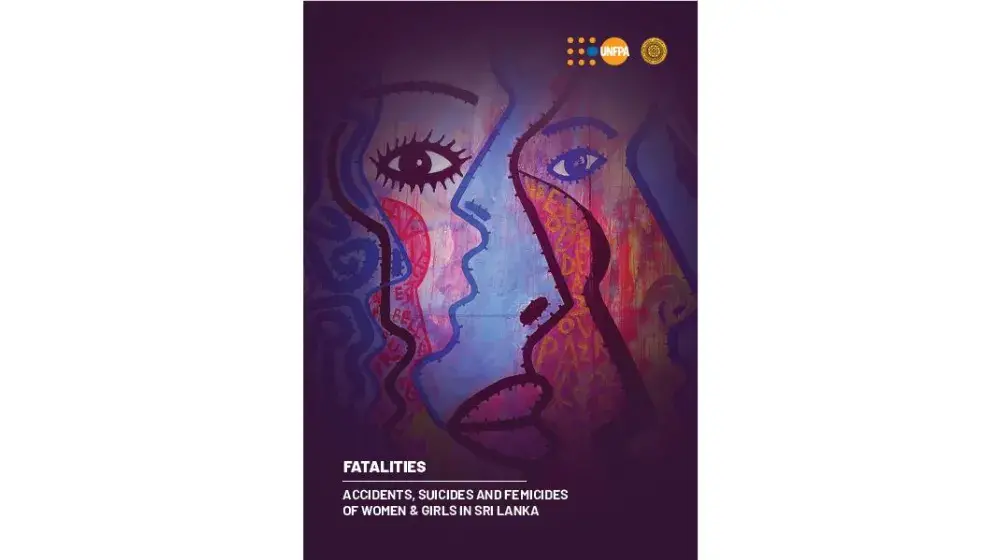Colombo, 27 February 2017: Sexual harassment violates basic human rights and contributes to a culture that discriminates women and girls, affecting them physically, psychologically and economically. It is an issue faced by women globally, and may occur in varying degrees of physical and verbal abuse, even leading to incidents of rape.
Findings of a nationwide study commissioned by the United Nations Population Fund (UNFPA) revealed that 90% of women and girls in Sri Lanka have been subjected to sexual harassment on public buses and trains. The findings also revealed that only 4% sought help from the Police.
UNFPA commissioned the national study in 2015, with a sample of 2,500 women and girls between the ages of 15-35 years, from all administrative districts of the nine provinces in Sri Lanka. Data was collected through stakeholder consultations, key informant interviews, and questionnaire surveys.
Addressing the issue as a national priority, UNFPA in partnership with the Ministry of Women’s and Child Affairs, Ministry of Transport & Civil Aviation, the Prime Minister’s Office, and the Sri Lanka Police, launched a public advocacy campaign titled ‘Does she travel safe?’ (ඇය සුරැකි ගමනකද? அவளின் பயணம் பாதுகாப்பானதா?).
To launch the campaign, UNFPA convened a press conference in Colombo. Members of the head table included: United Nations Resident Coordinator - Ms. Una McCauley, UNFPA Representative-designate - Ms. Ritsu Nacken, Chairperson of the National Committee on Women - Ms. Swarna Sumanasekara, Head of Children and Women Bureau of the Sri Lanka Police - Ms. L.R. Amarasena, and Activist from Grassrooted Trust, Ms. Paba Deshapriya.
At the press conference, UNFPA presented a policy brief on the issue of sexual harassment against women in public transport, with suggested policy recommendations. A presentation on the survey findings was also made by Ms. Sharika Cooray, UNFPA Programme Analyst.
The presentation highlighted that three individuals can trigger positive change: 1) the victim – by speaking up and taking action; 2) the bystander – by intervening and extending support; and 3) the perpetrator – by not inflicting any such harassment. The desired state will require long-term advocacy and strategic behavior change communication programmes on a large scale.
Emphasizing on the importance of addressing this social issue, UNFPA Representative, Ms. Ritsu Nacken said, “Sexual harassment against women on public transport is one form of Gender-based violence. In order to address the issue of gender-based violence at large we must gather nationwide data to assist in formulation of evidence-based policies. This study is a first step towards gathering GBV data in Sri Lanka”.
The campaign delivered by UNFPA is part of the Ministry of Women’s and Child Affair’s national celebrations to commemorate International Women’s Day in March 2017.
-------------------
DOWNLOAD: Policy Brief on Sexual Harassment Against Women in Public Buses & Trains in Sri Lanka
English | Sinhala | Tamil



